12 Surprising Facts About Vaccines That Will Blow Your Mind

Vaccines are often considered a miracle of modern science. They have saved millions of lives and continue to prevent countless illnesses worldwide. But despite their proven success, many people still have questions and misconceptions about how vaccines work. In this article, we will reveal 12 surprising facts about vaccines that will make you rethink what you know. Whether you are a skeptic or a supporter, these eye-opening facts are sure to surprise you.
1. Vaccines Have Been Around for Centuries

It might surprise you to learn that the concept of vaccination has been around long before the development of modern vaccines. The practice dates back to ancient China, where people would deliberately expose themselves to smallpox through a process called variolation. This early form of vaccination helped to reduce the spread of smallpox, which was a deadly disease at the time. Edward Jenner’s development of the smallpox vaccine in 1796 is often credited as the birth of modern immunization, setting the stage for the vaccines we rely on today.
2. Vaccines Can Help Prevent Cancer
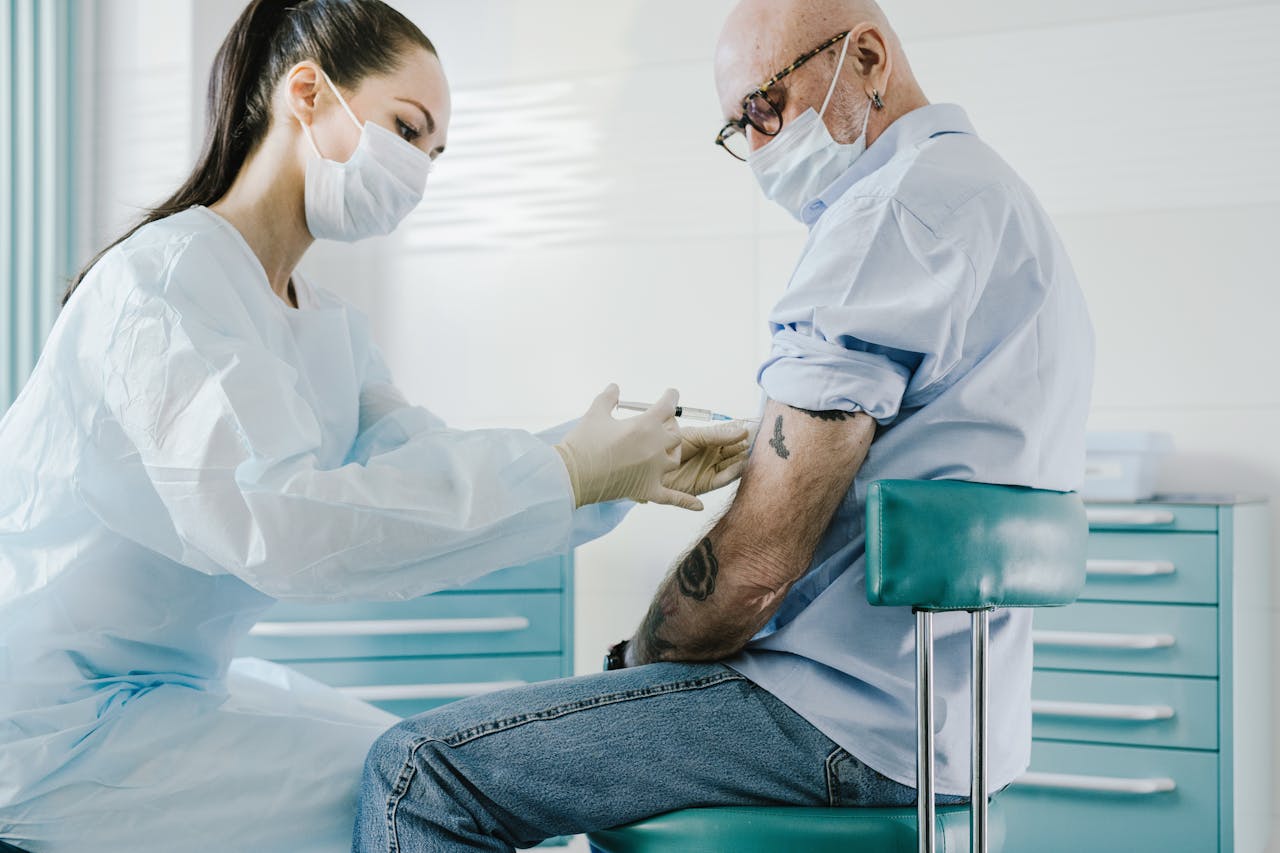
Many people associate vaccines with preventing diseases like the flu or measles, but did you know that certain vaccines can help prevent cancer? The Human Papillomavirus (HPV) vaccine, for example, helps protect against several types of cancer, including cervical, throat, and anal cancers. HPV is one of the most common sexually transmitted infections, and the vaccine can significantly reduce the risk of developing these cancers by preventing HPV infection in the first place.
3. Vaccines Save Money in the Long Run

While some people hesitate to get vaccinated due to the cost, vaccines actually save money in the long run. According to the Centers for Disease Control and Prevention (CDC), for every dollar spent on childhood vaccinations, the United States saves approximately $3 in direct healthcare costs and about $10 in societal costs, such as lost productivity and premature death. This makes vaccines not only a good health investment but also an economic one.
4. Herd Immunity Protects Vulnerable Populations
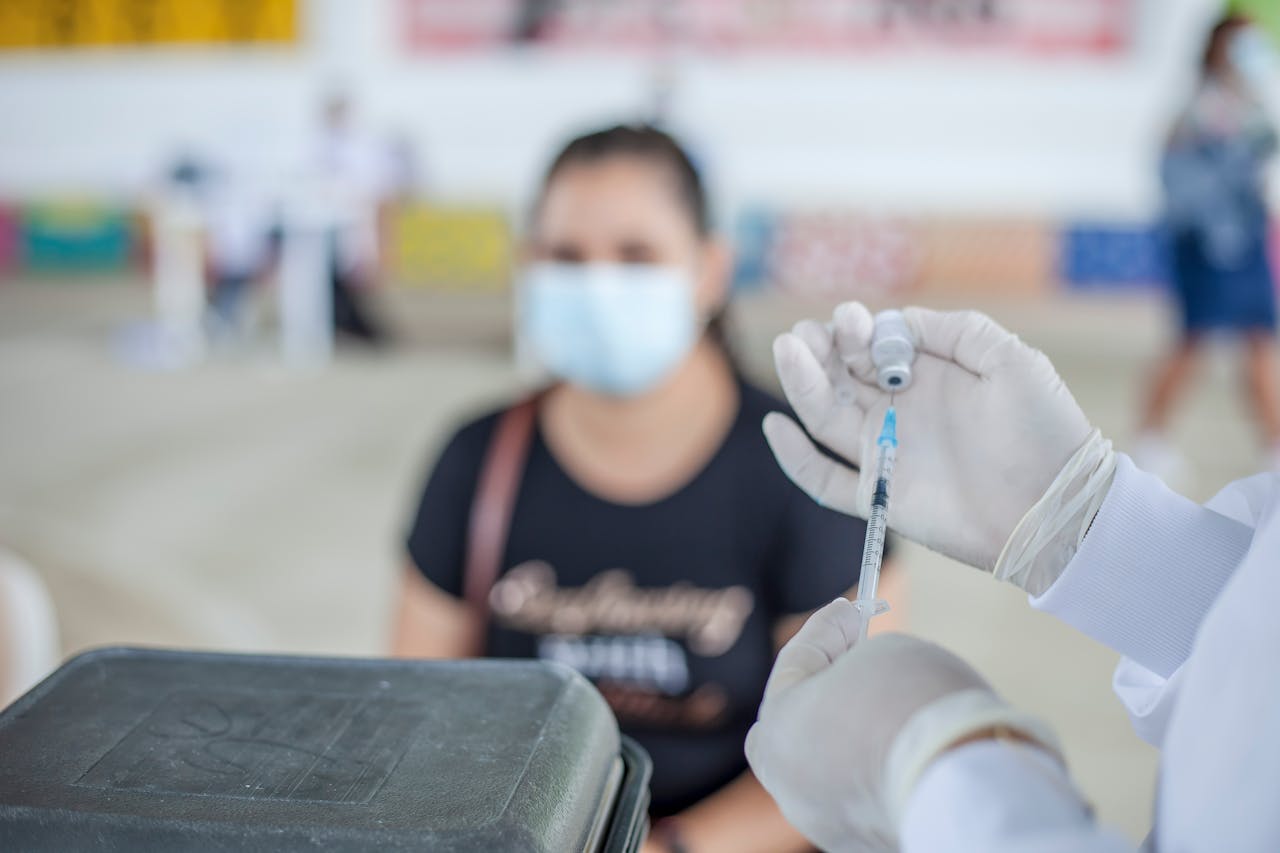
Vaccines do more than protect individuals; they also help protect those who cannot be vaccinated. Herd immunity occurs when a high percentage of the population is vaccinated, reducing the spread of diseases. This is especially crucial for people who are unable to receive vaccines due to age, health conditions, or allergies, as they rely on others to prevent outbreaks. By vaccinating yourself and your family, you are also helping to protect those who are most vulnerable in society.
5. Vaccines Are One of the Safest Medical Interventions

Although some people have concerns about vaccine safety, studies have consistently shown that vaccines are incredibly safe. The risks associated with vaccines are rare, and the benefits far outweigh the potential downsides. In fact, vaccines undergo rigorous testing and monitoring before they are approved for use, and their safety continues to be monitored long after they are introduced to the public. Serious side effects are extremely rare, and the vast majority of people experience only mild side effects, such as soreness at the injection site or a slight fever.
6. Vaccines Can Be Made from Various Materials
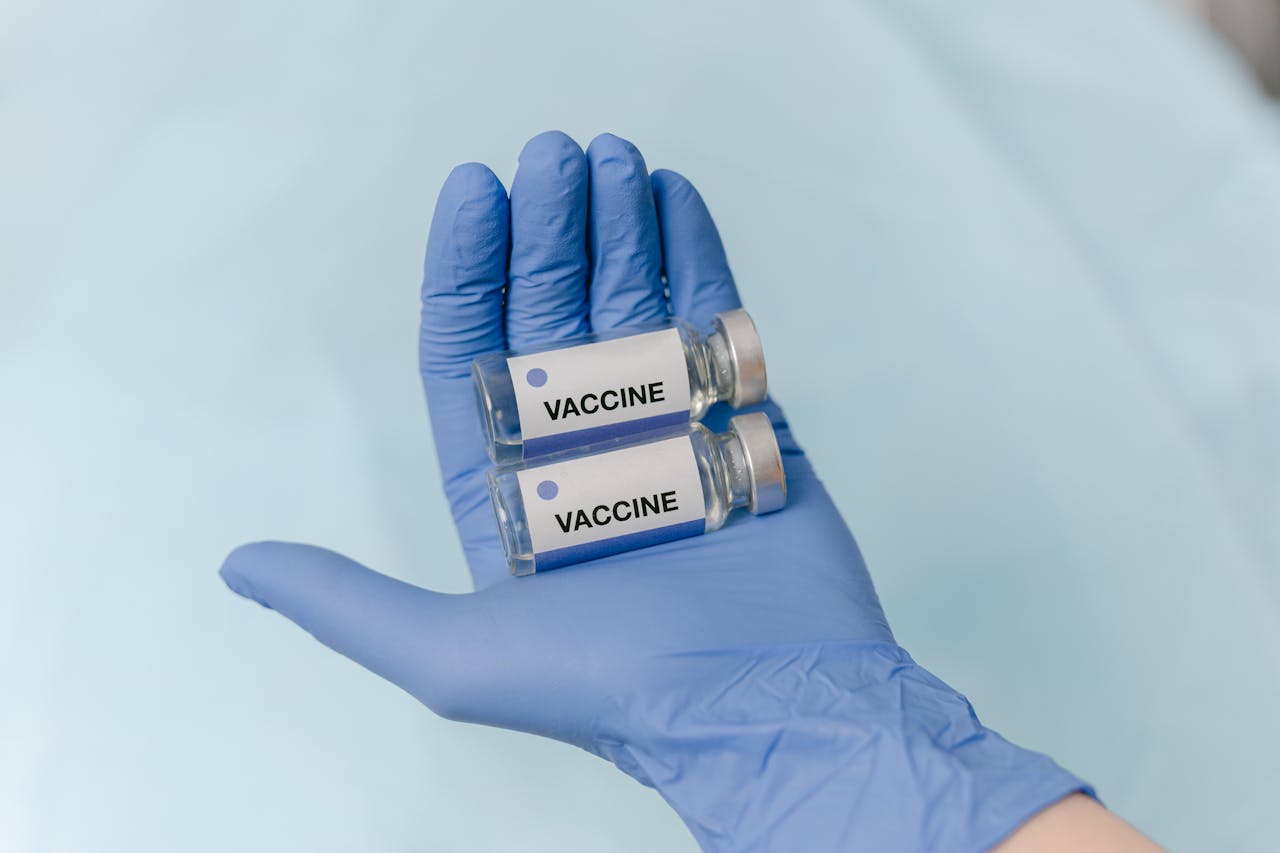
Vaccines are not all made from the same materials. Some vaccines are made from weakened or inactivated viruses, while others use pieces of the virus, such as proteins, to trigger an immune response. For example, the flu vaccine is made from inactivated virus particles, while the measles, mumps, and rubella (MMR) vaccine uses weakened live viruses. Additionally, some vaccines, like the mRNA COVID-19 vaccines, use a completely different method to instruct cells to produce a protein that stimulates the immune system. This variety of approaches shows the versatility and ingenuity behind vaccine development.
7. Vaccines Do Not Cause Autism
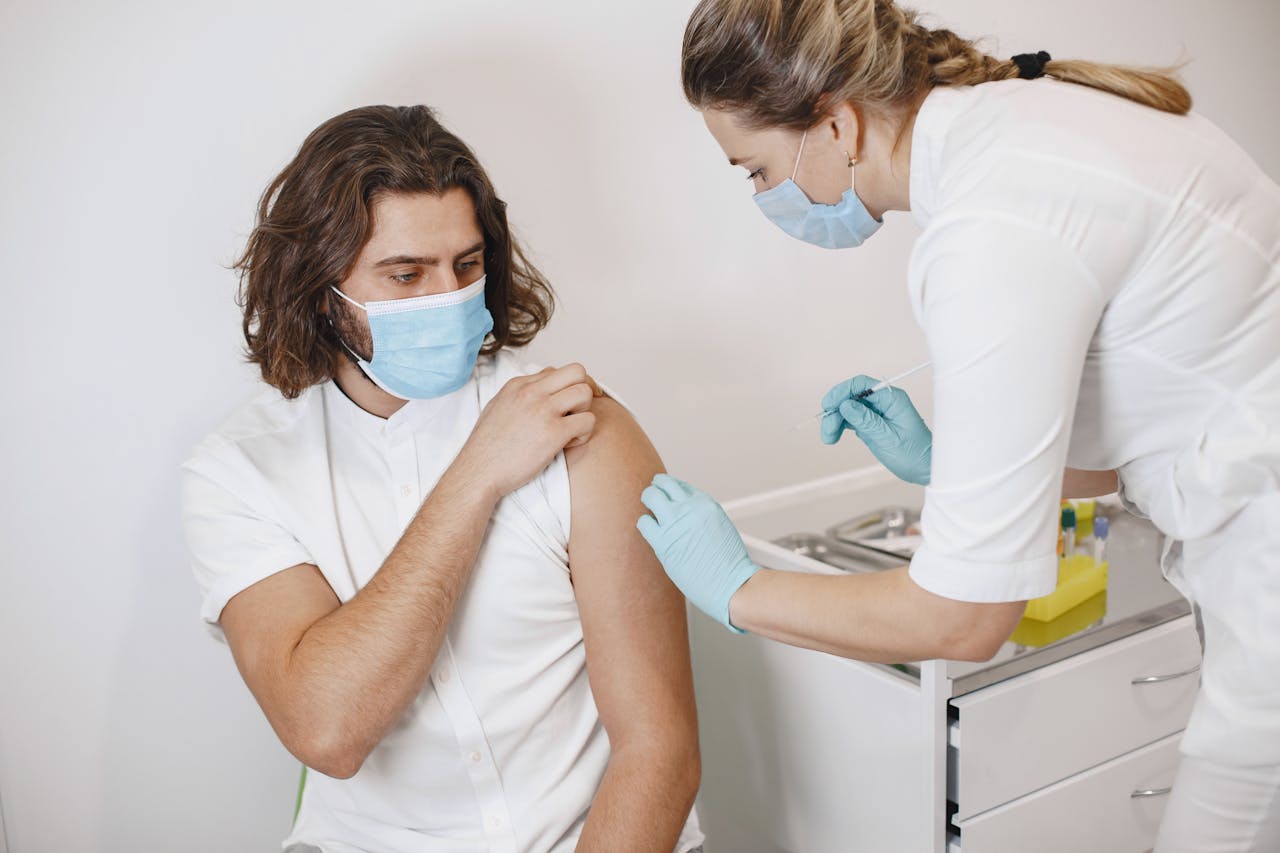
One of the most persistent myths about vaccines is that they cause autism. This misconception began with a 1998 study that was later discredited and retracted due to serious flaws and ethical issues. Numerous scientific studies since then have found no link between vaccines and autism. The idea that vaccines cause autism is not supported by scientific evidence, and experts in the field of immunology and pediatrics consistently stress the importance of vaccinations in protecting public health.
8. Vaccines Can Prevent Epidemics
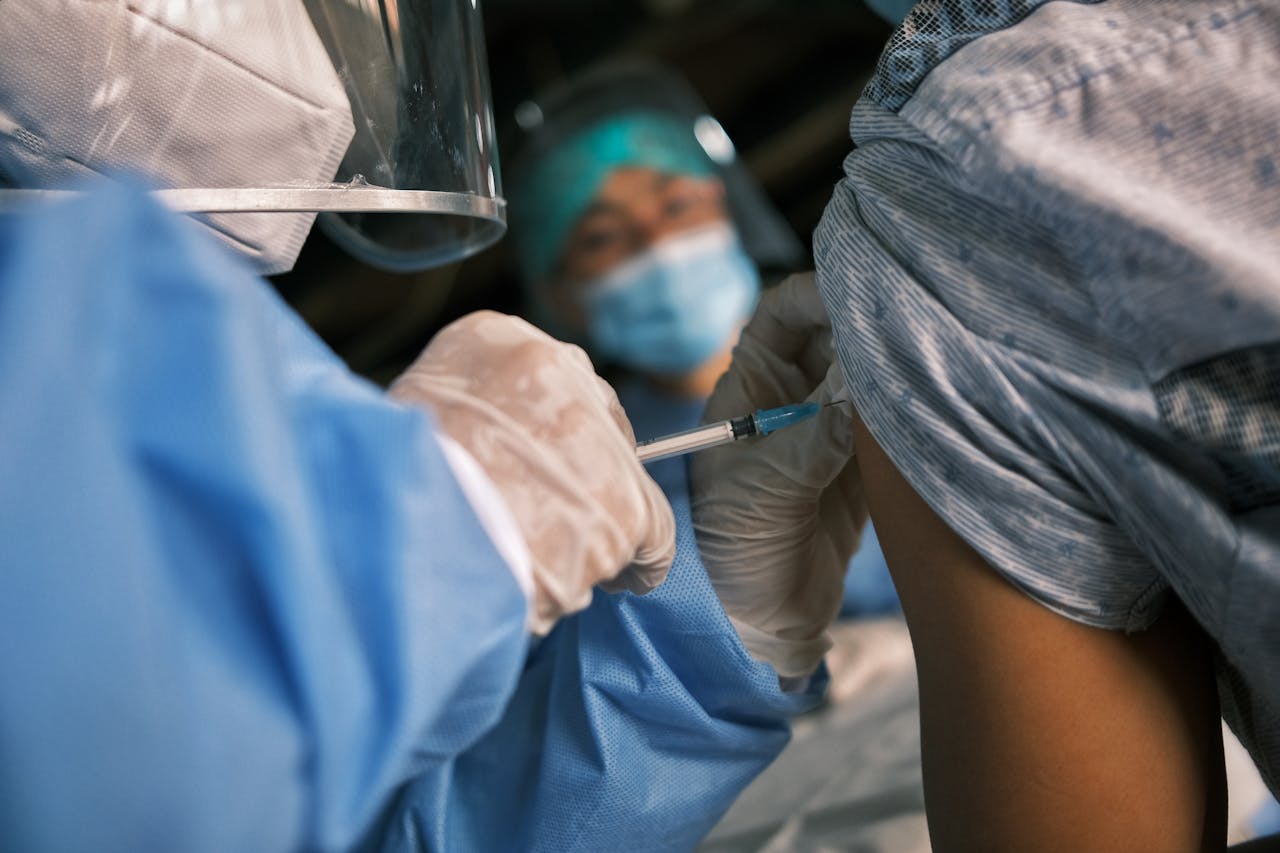
Vaccines are crucial in preventing the spread of epidemics. The most notable example of this is the eradication of smallpox. Smallpox was once a deadly disease that killed millions of people worldwide, but thanks to a global vaccination campaign, the disease was completely eradicated by 1980. Vaccines have also played a key role in controlling outbreaks of other diseases, such as polio and measles. Without widespread vaccination, these diseases would continue to pose a significant threat to global health.
9. Vaccines Are Tested on Thousands of People Before Approval
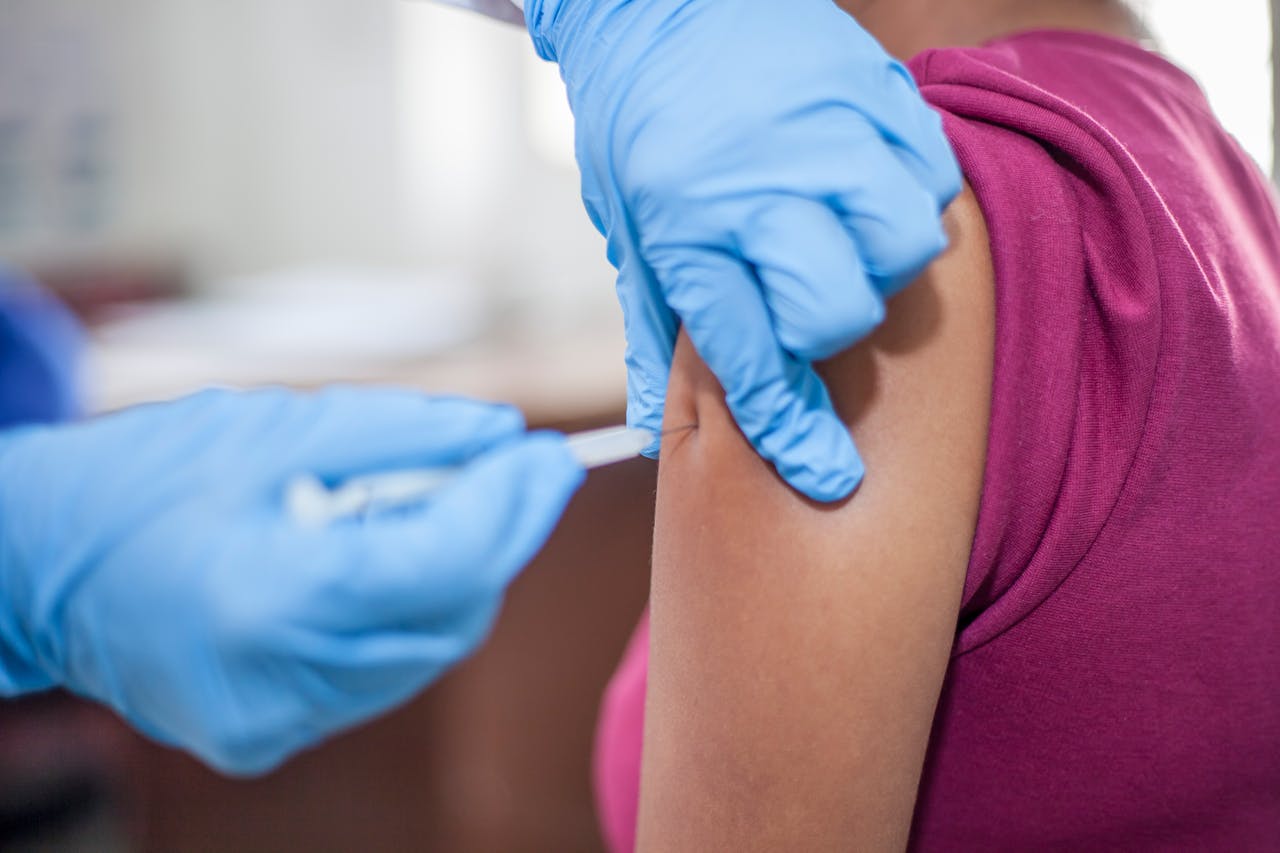
Before a vaccine is made available to the public, it undergoes an extensive testing process. This process involves multiple stages, starting with laboratory research, followed by clinical trials on thousands of volunteers. These trials are designed to test the vaccine’s safety, effectiveness, and the best dosage. Only after a vaccine has passed rigorous clinical trials and regulatory review is it approved for use. The testing process ensures that vaccines are both safe and effective for the general population.
10. Some Vaccines Provide Lifelong Protection

Not all vaccines require booster shots. Some vaccines provide lifelong protection after a single dose. For example, the smallpox vaccine, which was once given to children, typically provided immunity for life, and no booster shots were needed. Other vaccines, like the measles vaccine, can also offer long-term protection, though booster shots may be recommended in some cases to maintain immunity levels.
11. Vaccines Can Help Control Antibiotic Resistance
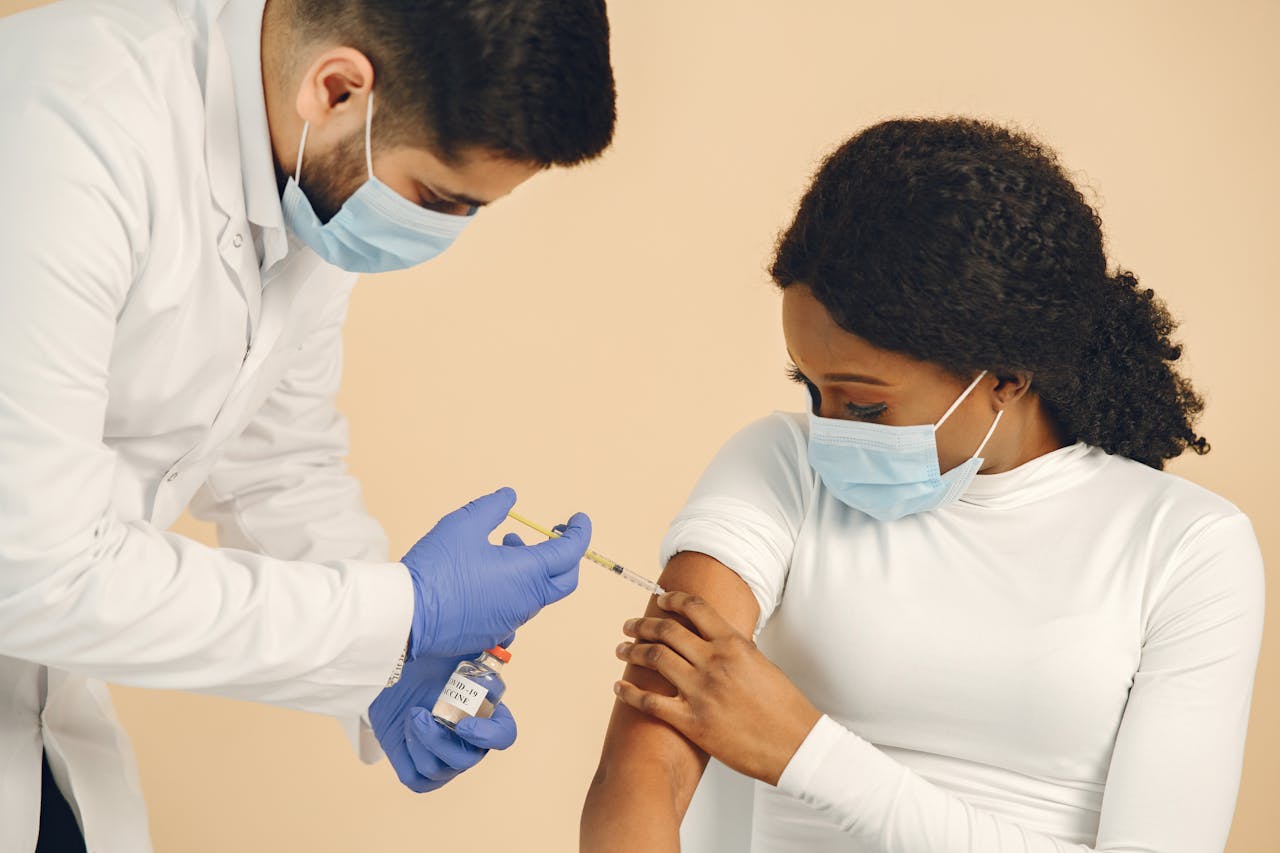
Vaccines not only prevent infections, but they can also help reduce the need for antibiotics. Antibiotic resistance is a growing concern, as bacteria become resistant to the drugs used to treat infections. By preventing illnesses with vaccines, we reduce the need for antibiotics and help slow the spread of resistant bacteria. For example, vaccines that prevent pneumococcal infections can reduce the need for antibiotics to treat pneumonia and related complications.
12. Vaccines Have Helped Increase Life Expectancy
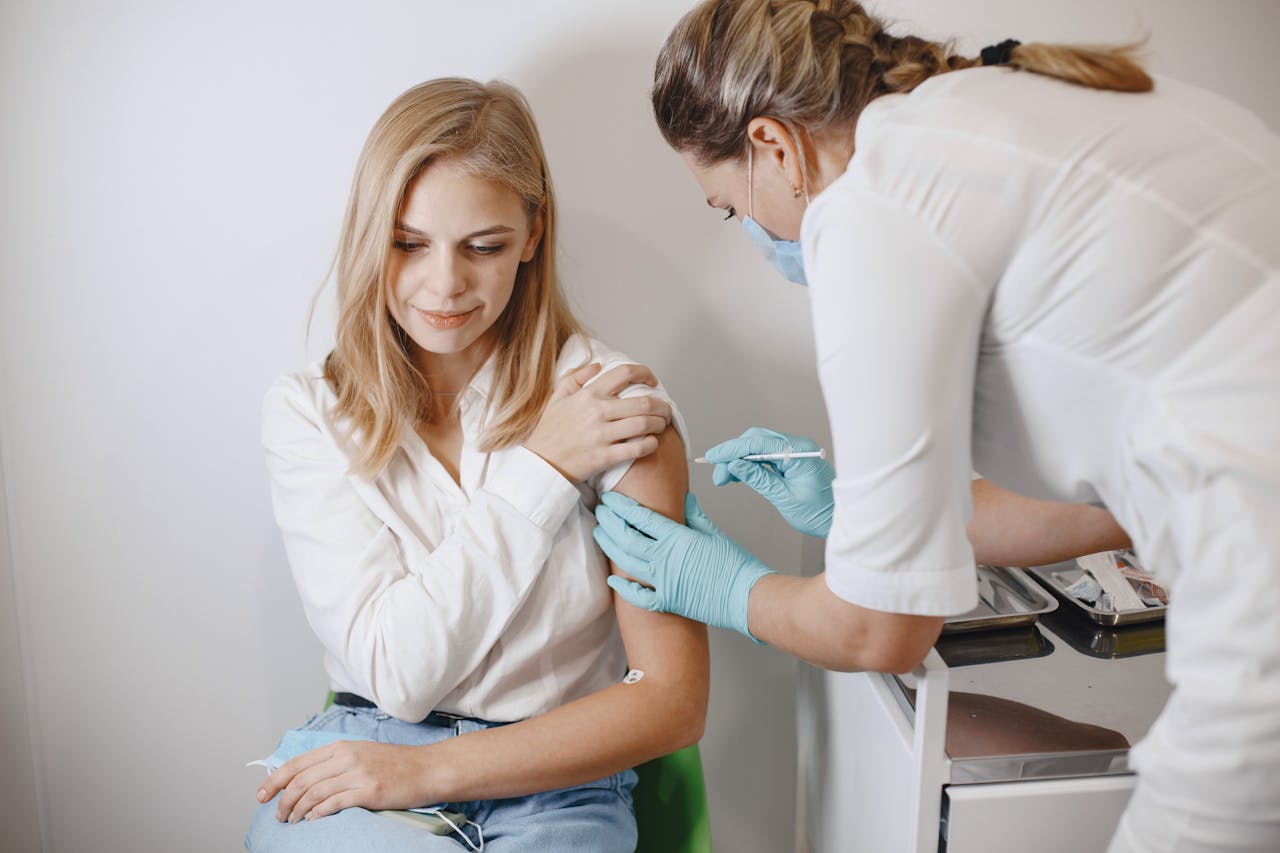
Vaccines have played a significant role in increasing life expectancy worldwide. The development of vaccines has led to a dramatic decline in mortality rates from infectious diseases such as measles, polio, and diphtheria. Today, people live longer and healthier lives thanks to the protection provided by vaccines. In fact, it is estimated that vaccines prevent about 2-3 million deaths each year, a testament to the life-saving power of immunization.
Final Thoughts

Vaccines are far more than just a way to prevent the flu or a cold. They are a critical part of public health, preventing deadly diseases, saving money, and even contributing to global health by eliminating viruses altogether. The surprising facts outlined in this article highlight the incredible power and versatility of vaccines. By understanding these facts, you can appreciate just how much vaccines have contributed to our well-being and why it’s important to stay informed and up-to-date with your vaccinations. So, next time you get a vaccine, remember you’re not just protecting yourself; you’re helping to protect the world around you.
Leave a Reply